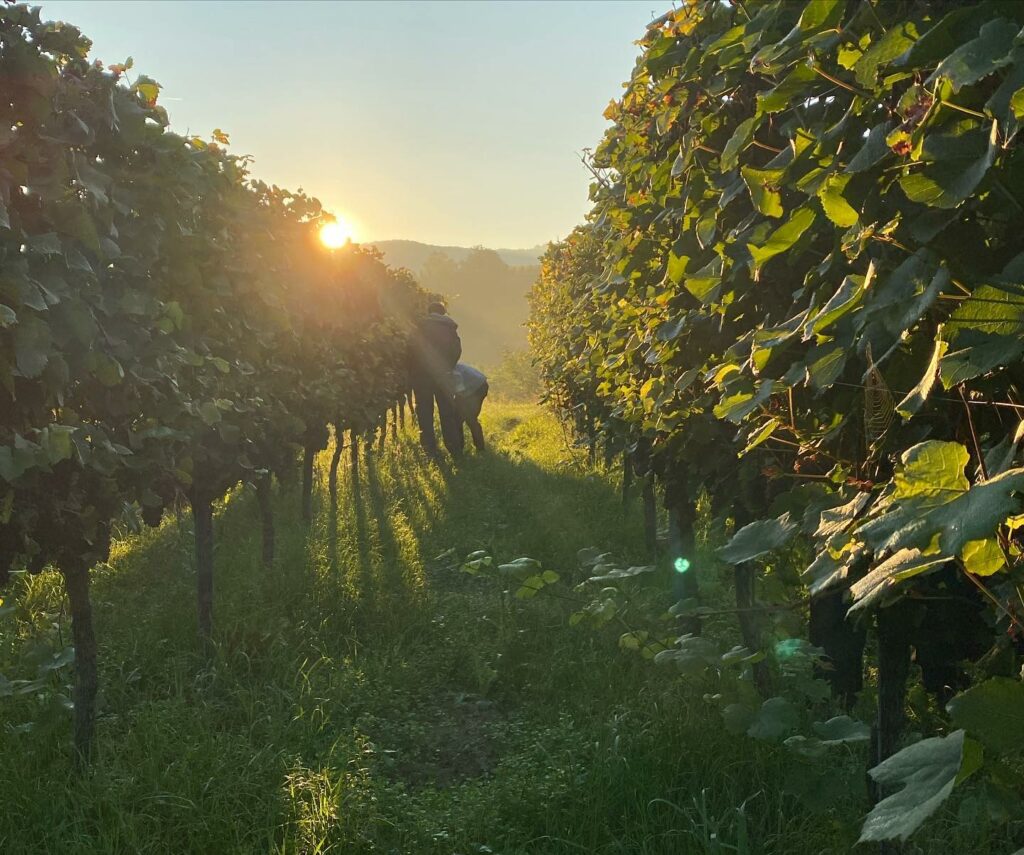Germany is the 8th largest wine producer in the world, with over 65% of its production dedicated to white wines. The country is renowned for producing wines that age exceptionally well, characterized by intense acidity and distinctive winemaking techniques. Thanks to its cool climates, steep slopes, unique soil compositions, and diverse grape varieties, terroir plays a significant role in shaping the profile of German wines.
If you ever have a chance to visit, hit me up and I will give you recommendations and organize wine tastings with my producers for you!
In the global wine industry, Germany is considered part of the “Old World,” alongside other European countries where many winemaking traditions were born. Germany has long been regarded as one of the premier wine-producing nations, not only in Europe but worldwide. Historically, German Rieslings from the Rhine River region once commanded some of the highest prices ever seen for white wines.
Although Germany is most famous for its sweet Rieslings, often grown in some of the world’s coolest climates on incredibly steep slopes, the country’s wine offerings go far beyond this iconic variety. Germany produces a broad array of wines, including Silvaner, Weissburgunder (Pinot Blanc), Grauburgunder (Pinot Gris), Spätburgunder (Pinot Noir), Lemberger, Trollinger, and, of course, Riesling. Additionally, Germany’s sparkling wines, or “Sekt,” are some of the most delicious and affordable sparkling wines available, rivaling the finest French Champagne, Spanish Cava, and Italian Prosecco.
Germany’s position as a northern wine-producing country allows its grapes to ripen slowly, enhancing the complexity and freshness of its wines. The country’s wine is grown in 13 distinct regions, each governed by specific laws that regulate standards for production, quality, and classification. Depending on the wine-growing zone or region, the rules can vary significantly. To fully appreciate German wines, it’s essential to understand their winemaking laws, which distinguish Germany from nearly every other European wine country. 👉 GERMAN QUALITY LAW.
Germany is also home to a number of lesser-known but equally exciting grape varieties, making it a treasure trove for wine lovers eager to explore new flavors and styles. Rest assured, you won’t find blue-bottled “Liebfraumilch” in my portfolio! Instead, you’ll discover handcrafted, boutique wines that reflect the true essence of German winemaking.
On a side note: Contrary to popular belief, “German Chocolate Cake” is not a German specialty—it’s actually an American creation!



